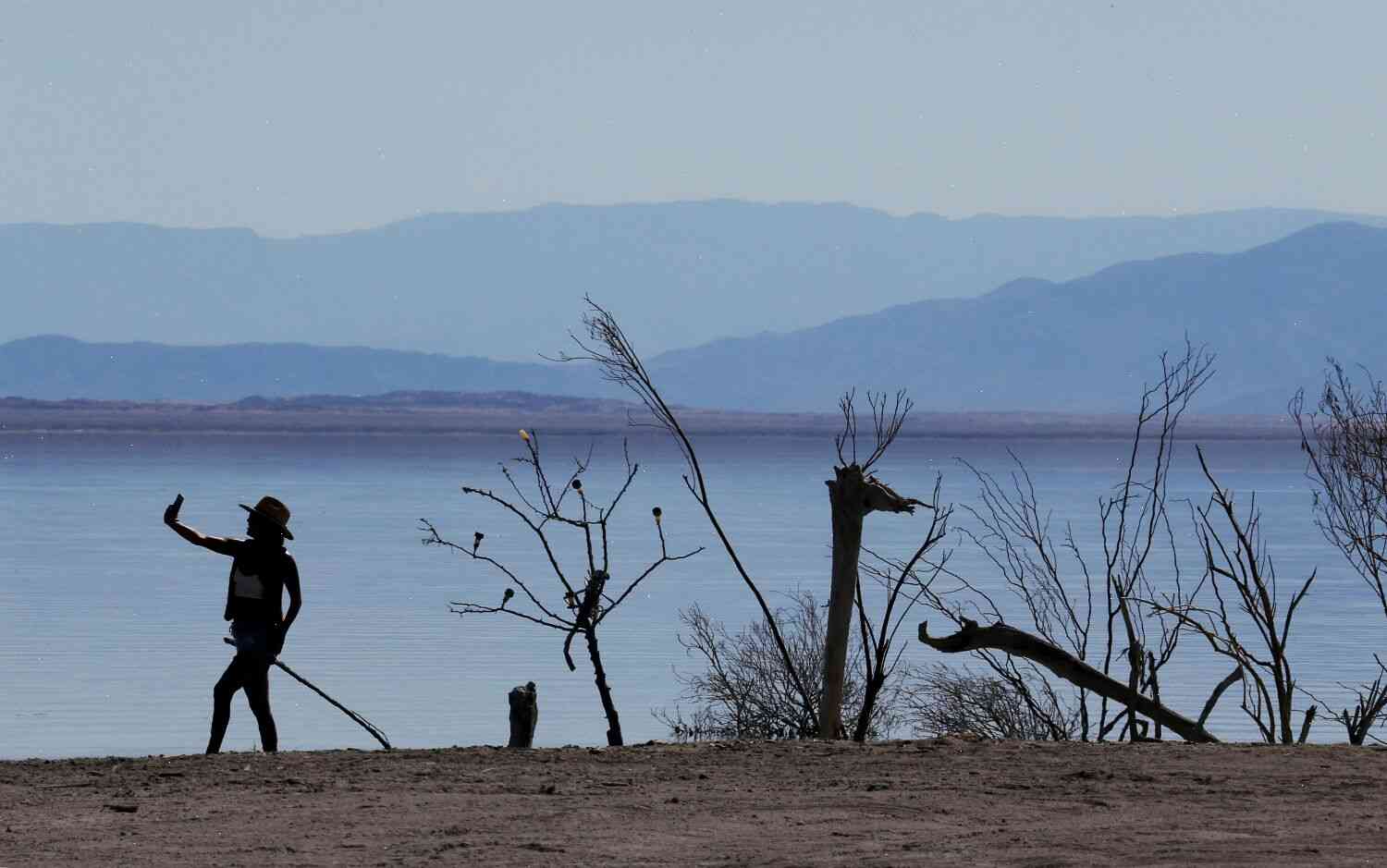Salton Sea cleanup in jeopardy as states battle over Colorado River water
The Colorado River is one of the nation’s most valuable natural resources. The river flows from the Rocky Mountains to meet the sea at the Pacific Ocean, and provides water for drinking, irrigation, fish and wildlife, tourism, recreation and hydroelectric development.
But with water flowing from the mountains, it’s also become a source of political controversy. The states whose lands border the Colorado River each have their own rules on how to manage the water. As a result, Colorado River water is often in dispute for months or years at a time.
Last year, the U.S. Interior Department decided that the states could no longer pump water from the river. The Interior Department said that the states had tried to reduce the amount of water being pumped by cutting back on pumping while also increasing pumping.
The Interior Department ruled that the states had not acted in good faith, and said that the states were trying to reduce the flow of water without regard for climate and ecological impacts. The states sued the Interior Department, arguing they were trying to protect the environment by conserving resources.
But a federal judge in Colorado ruled the Interior Department has acted in good faith, and that states are using pumping as the best way to control water.
The states have asked the courts to overturn the lawsuit, and they may have a good chance.
A federal judge in Colorado ruled the Interior Department has acted in good faith, and that states are using pumping as the best way to control water.
The judge wrote that “the states’ claims lack merit, and I have little trouble concluding that the Interior Department acted in good faith.”
However, the state wants the judge to order the Interior Department to reduce pumping by 50 percent. State officials have said that would cause flooding in Colorado and New Mexico.
In his order, the federal judge wrote that “the states’

